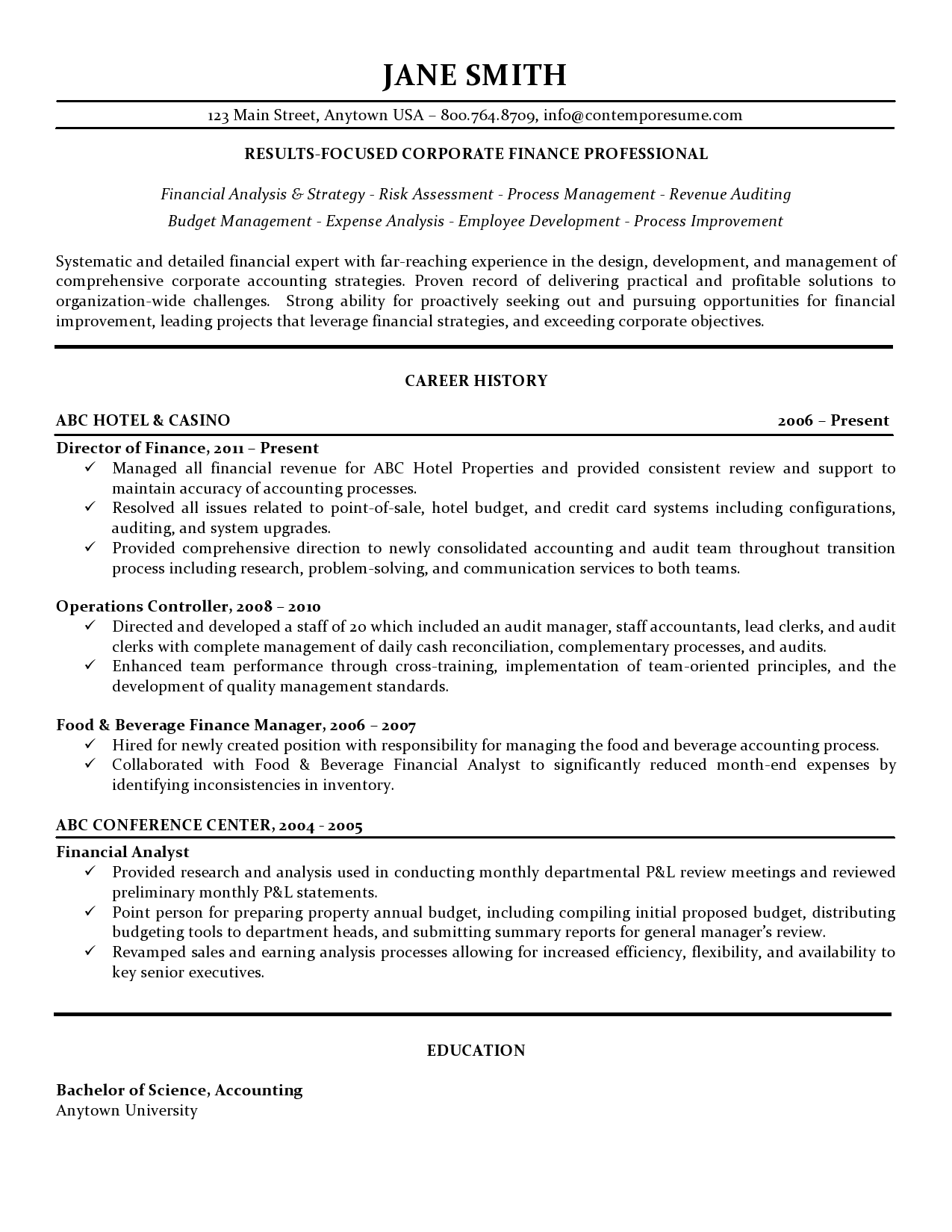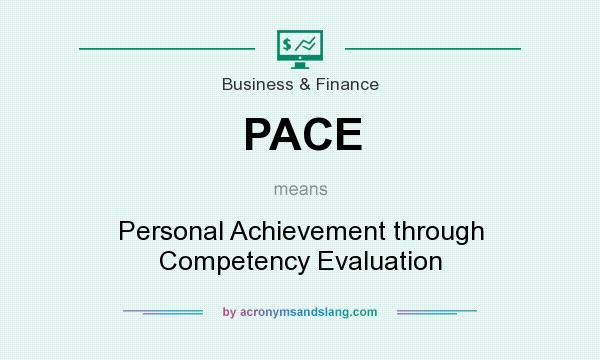Table of ContentsHow To Find A Specific Bond In Yahoo Finance Things To Know Before You Get ThisWhat Does Which Of These Is An Element Of A Bond Personal Finance Mean?The Definitive Guide to What Is A Bond Pread Finance5 Simple Techniques For How To Find Bond Interest Rate In Yahoo Finance
Companies aren't the only entities that can release bonds. Federal governments and towns offer them too. Let's look at how these sort of bonds differ. Ad Government Bonds: To fund programs, meet their payrolls and basically pay their bills, governments issue bonds. Bonds from steady governments, such as the United States, are thought about exceptionally safe financial investments.
The U.S. government releases its own bonds from the treasury and from a number of federal government companies. Those maturing in less than one year are referred to as T-bills. Bonds that develop in one to ten years are T-notes, and those that take more than 10 years to develop are treasury bonds. In many cases, you don't have to pay state or regional income taxes on the interest they make.
Munis finance things like hospitals, schools, power plants, streets, office complex, airports, bridges and so on. Municipalities generally release bonds when they require more cash than they gather through taxes. The good thing about community bonds is that you do not have to pay federal earnings taxes on the interest they earn.
While corporate bonds are a higher risk than government bonds, they can make a lot more money. There's likewise a much bigger choice Hop over to this website of business bonds. The downside is that you do have to pay federal income tax on the interest they make. Particularly when purchasing business bonds, it is essential to consider how dangerous the bond is.
You can investigate the company's financial scenario to see how strong its potential customers are. This includes investigating things like cash flow, debt, liquidity and the business's business plan. As enjoyable as it sounds to look into these things, most of us don't have the time or skills to evaluate a corporation's financial situation accurately.
Their professionals research a business's circumstance and identify a bond score for the business. Every ranking service has its own formula for determining threat and its own sort of rating scale. Generally, ranking scales are spelled out in letter grades, where an AAA rating designates a safe, low-risk bond, and a D score designates a high-risk bond.
federal government bonds, are typically low-yield bonds. You can depend upon getting a payout however that payment will be small. what is the coupon bond formula in finance. On the other side of the spectrum, you have what's not-so-affectionately understood as, which are low-rated, high-risk bonds. In order to entice financiers into buying these dangerous scrap bonds, the issuing business guarantee high yields.
All about What Is A Bond Personal Finance
However if you do, you could get paid in spades. Still uncertain about some of the terms connected to bond financial investment? Take a look at the glossary on the next page.
Bonds are loans made to large companies. These include corporations, cities, and nationwide governments. A private bond is a piece of a huge loan. That's because the size of these entities requires them to obtain money from more than one source. Bonds are a kind of fixed-income financial investment. The other types of investments are cash, stocks, products, and derivatives.
They differ according to who issues them, length till maturity, rate of interest, and threat. The safest are short-term U.S. what is a gt bond (finance). Treasury bills, but they also pay the least interest. Longer-term treasurys, like the criteria 10-year note, provide somewhat less risk and partially higher yields. TIPS are Treasury bonds that safeguard versus inflation.
They return a bit more than Treasuries but are a bit riskier. Business bonds are released by business. They have more risk than government bonds because corporations can't raise taxes to pay for the bonds. The danger and return depend upon how credit-worthy the company is. The highest paying and greatest risk ones are called junk bonds.
Up until then, the customer makes agreed-upon interest payments to the bondholder. People who own bonds are also called creditors or debtholders. In the old days, when individuals kept paper bonds, they would redeem the interest payments by clipping vouchers. Today, this is all done electronically. Of course, the debtor pays back the principal, called the stated value, when the bond grows.
They can only do this since there is a secondary market for bonds. Bonds are either publicly traded on exchanges or sold privately in between a broker and the financial institution. Considering that they can be resold, the value of a bond fluctuates until it develops. Think Of The Coca-Cola Company wanted to borrow $10 billion from investors to acquire a large tea business in Asia.
It releases each bond at a par value of $1,000 and guarantees to pay pro-rata interest semi-annually. Through an investment bank, it approaches financiers who invest in the bonds. In this case, Coke requires to offer 10 million bonds at $1,000 each to raise its desired $10 billion before paying the charges it would sustain. Each $1,000 bond is going to receive $25.00 annually in interest.
Things about How To Add Bond Holdings To Yahoo Finance Portfolio
If all goes well, at the end of 10 years, the initial $1,000 will be returned on the maturity date and the bond will cease to exist. Bonds pay off in 2 methods. First, you get income through the interest payments. Naturally, if you hold the bond to maturity, you will get all your principal back.
You can't lose your investment unless the entity defaults. Second, you can profit if you resell the bond at a higher cost than you purchased it. Sometimes bond traders will bid up the price of the bond beyond its stated value. That would occur if the net present value of its interest payments and principal were higher than alternative bond investments.

Lots of specific financiers prefer to let a knowledgeable fund manager choose the very best choice of bonds. A bond Find more info fund can also reduce danger through diversity. This method, if one entity defaults on its bonds, then just a small part of the investment http://zanderueuw231.wpsuo.com/fascination-about-what-is-bond-indenture-in-finance is lost. Some bonds, known as zero-coupon bonds, do not distribute interest income in the type of checks or direct deposit however, instead, are provided at a particularly determined discount rate.
Over the long haul, bonds pay out a lower return on your financial investment than stocks. In that case, you might not earn enough to exceed inflation. Investing only in bonds may not allow you to conserve enough for retirement. Companies can default on bonds. That's why you require to check the bondholder's S&P rankings.
They might rapidly default. They need to offer a much greater interest rate to attract buyers. Although usually considered "safe," bonds do have some danger. Credit threat describes the likelihood of not receiving your guaranteed principal or interest at the contractually guaranteed time due to the provider's inability or objection to distribute it to you.
The absolute highest investment-grade bond is a Triple-A ranked bond. There is constantly a possibility that the government will enact policies, intentionally or unintentionally, that cause prevalent inflation. Unless you own a variable rate bond or the bond itself has some sort of integrated protection, a high rate of inflation can destroy your buying power.
When you buy a bond, you understand that it's probably going to be sending you interest income frequently. There is a danger in this, though, because you can not anticipate ahead of time the accurate rate at which you will have the ability to reinvest the money. If rate of interest have actually dropped substantially, you'll need to put your fresh interest income to work in bonds yielding lower returns than you had been taking pleasure in.
Some Known Details About What Is The Term Of A Bond In Finance
This implies that as soon as you get them, you might have a challenging time offering bonds at leading dollar. This is one of the factors it is often best to limit the purchase of individual bonds for your portfolio to bonds you mean to hold till maturity. For many individuals, valuing bonds can be complicated.

Simply put, the more need there is for bonds, the lower the yield. That appears counter-intuitive. The factor lies in the secondary market. As individuals need bonds, they pay a higher rate for them. But the interest payment to the bondholder is fixed; it was set when the bond was first offered.
Put another way, the cost they paid for the bond yields a lower return. Financiers normally demand bonds when the stock exchange becomes riskier. They want to pay more to prevent the higher risk of a plunging stock market. Because bonds return a set interest payment, they look attractive when the economy and stock market decrease.
